Top Movie Franchises of All Time
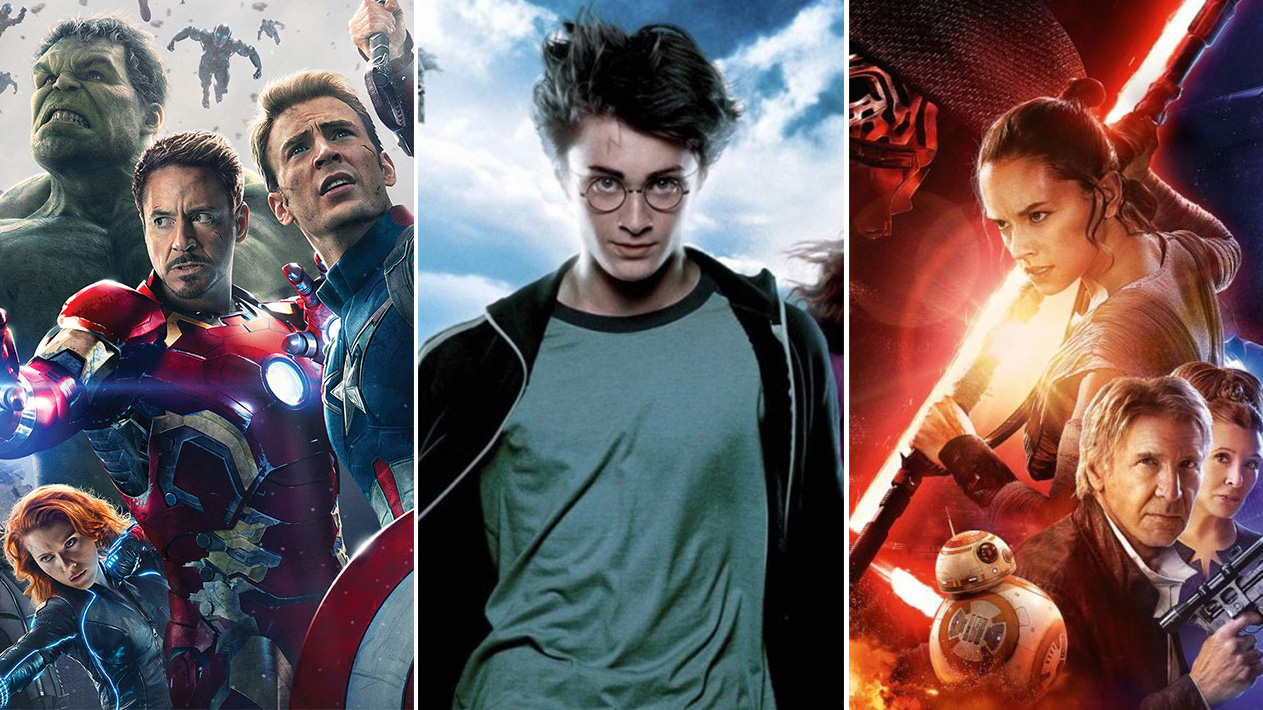
Embarking on a cinematic journey through the maze of Hollywood, one finds a meteoric rise in the significance of movie franchises. These franchises have not only captured the hearts and imagination of millions across the globe but have also shaped the landscape of modern pop culture. In order to merit inclusion in this roundup, these franchises not only need to have box office success but also demonstrate stellar narrative content, a critical factor in a franchise's sustained success.
This blog post will take you on a whirlwind tour of these cult franchises that have left an indelible impact on moviegoers, opening up new dimensions in storytelling and cinematic experience. From the magical realm of Harry Potter and the Marvel Cinematic Universe's interconnected narratives, to the timeless narratives of the James Bond and Star Wars films, the franchises chosen have set new benchmarks in the industry.
The Harry Potter Series

The enchanting world of Harry Potter first emerged from the mind of author J.K. Rowling and soon captivated the hearts of audiences worldwide. Its leap to the silver screen stirred a wave of Pottermania which was felt globally. The story of the eponymous Harry Potter, a young wizard navigating the magical and perilous realm of witchcraft and wizardry, resonates deeply with a universal audience. Apart from its inspiring and relatable characters, the series' rich plot added a significant contribution to its success.
Beyond the appealing narrative, another exceptional element of the Harry Potter series is the captivating character development. Audiences have witnessed the evolution of characters from the series over the years, creating a profound emotional connection. This strong alliance between viewers and the characters played a vital role in the franchise's monumental success.
Furthermore, the Harry Potter franchise has not only garnered an immense following but also experienced earth-shattering box office success. Through the eight-film arc, Harry Potter has enchanted audiences, generating approximately $7.7 billion worldwide. This massive number testifies to the series' popularity and global appeal.
The series, too, laid significant impact on pop culture. Numerous references, quotes, and concepts from the franchise are ingrained in our daily discourse, underlining its prominence. Words like 'Muggles', 'Horcrux', and 'Quidditch' have found their place in the modern lexicon, attributing to the franchise's influence.
In conclusion, the Harry Potter series is a comprehensive success story. It managed to weave a compelling narrative, develop multidimensional characters, and achieve phenomenal commercial success. In the process, it has also made an indelible mark on pop culture, fortifying its position as one of the most successful film franchises of all time.
The Marvel Cinematic Universe
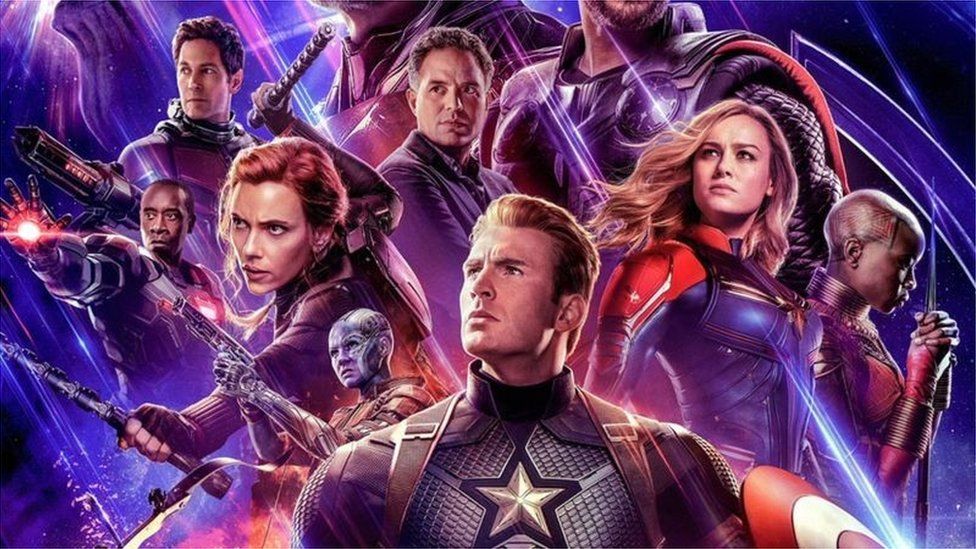
The Marvel Cinematic Universe (MCU) is not just a collection of superhero films. It's a richly woven narrative universe that intertwines and connects its characters and stories in profound ways. Bound together by a common thread, these separate yet interrelated films keep audiences hooked and curious about their next steps. Flowing across diverse themes and characters, each movie becomes an integral brick in the ever-expanding wall of MCU.
The MCU has managed to integrate numerous films seamlessly, creating a cohesive continuity of interconnected plots, thus experimenting with narrative structures like never before. This ingenious construction strategy has added a whole new dimension to the world of cinema, transcending the boundaries of linear storytelling and paving the way for different modes of filmmaking. It's a marvel (no pun intended) in the world of film franchises and has sparked conversations on how a franchise should seamlessly connect their content.
Standout movies such as The Avengers, Iron Man, and Captain America add significant value to the universe and aid in sustaining their audiences' interest. They aren't just individual successes but have become a cornerstone in building the iconic status of the MCU. It's these films' enduring popularity over the years that has contributed to the consolidated success of MCU as a franchise.
Clearly, the Marvel Cinematic Universe isn't just a collection of films, it's a phenomenon that has revolutionized the way we perceive, experience, and participate in the cinematic narrative universe. Success here is not just the sum of its parts, it's an exponential explosion, hinting at the immense potential of well-orchestrated movie franchises. And as the MCU continues to expand, it is actively rewriting the rules of modern cinema, one superhero story at a time.
Star Wars
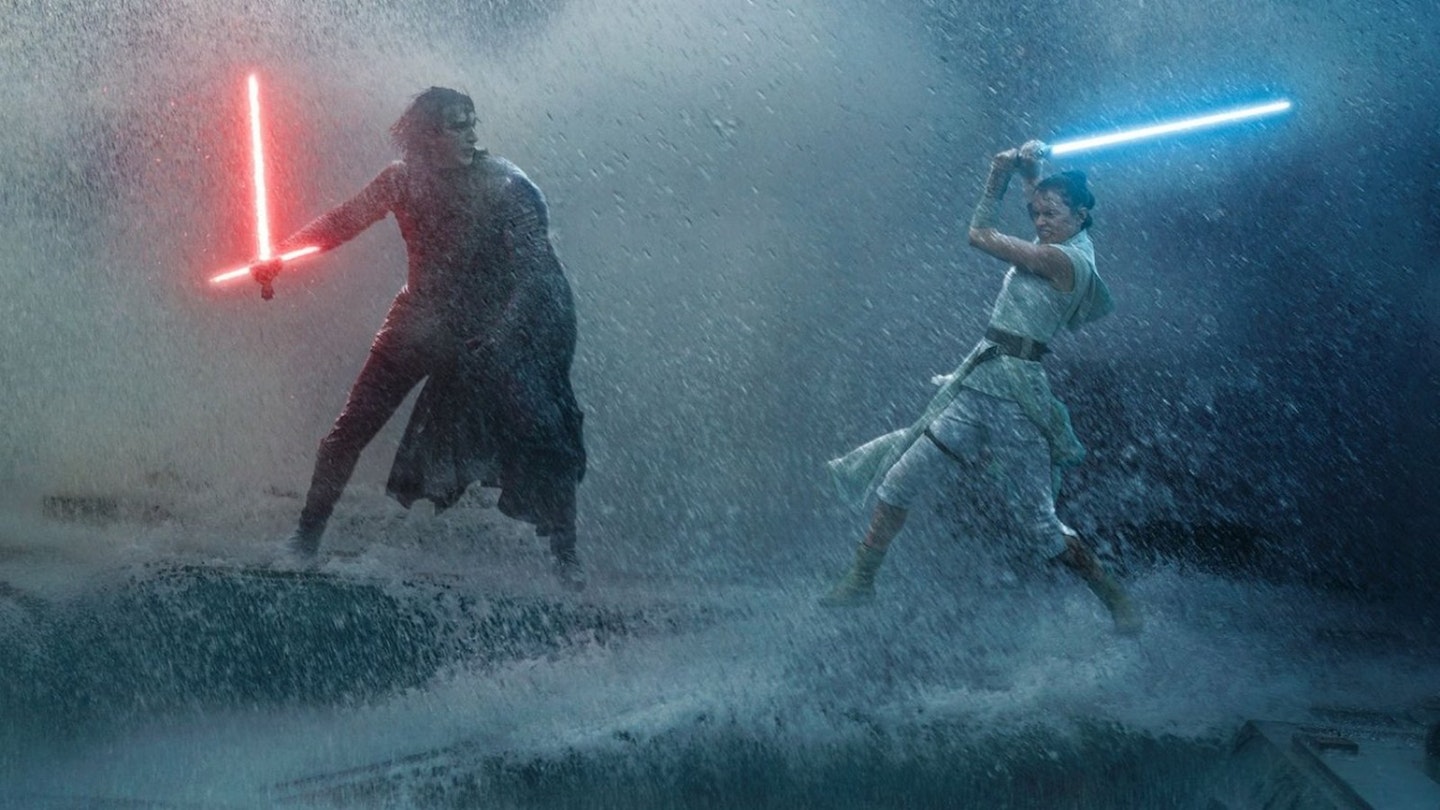
Star Wars, with origins dating back to the 1970s, is not only a movie franchise but a cultural phenomenon. The idea started as a single film, became a trilogy, and over time evolved to an expansive universe, capturing the hearts of millions with its unique blend of science fiction and fantasy. With narratives spanning across movies, TV series, comics, and novels, it allows fans incredible depths for exploring its realm, an attribute that furthers its popularity.
The Star Wars franchise hasn't just entertained, it's revolutionized the cinema industry. George Lucas, the creator of Star Wars, introduced groundbreaking visual effects that laid the foundation for other franchises to excel in this domain. Movies from this franchise have repeatedly set records in terms of box office sales. Themes of hero’s journey, power’s corruption, and redemption have become a cornerstone for countless films that followed, emphasizing its influence in reshaping narrative norms in cinema.
Additionally, its iconic characters like Darth Vader and Luke Skywalker have become cultural staples. As expert film critic Roger Ebert once stated, “Like The Birth of a Nation and Citizen Kane, Star Wars was a technical watershed that influenced many of the subsequent movies”. Even today, as newer movies and series continue to add to its lore, Star Wars remains a stellar example of a franchise whose universe is so intricate and detailed that it continues to engage generations of fans, asserting its placement as one of the top movie franchises of all time.
The James Bond Franchise
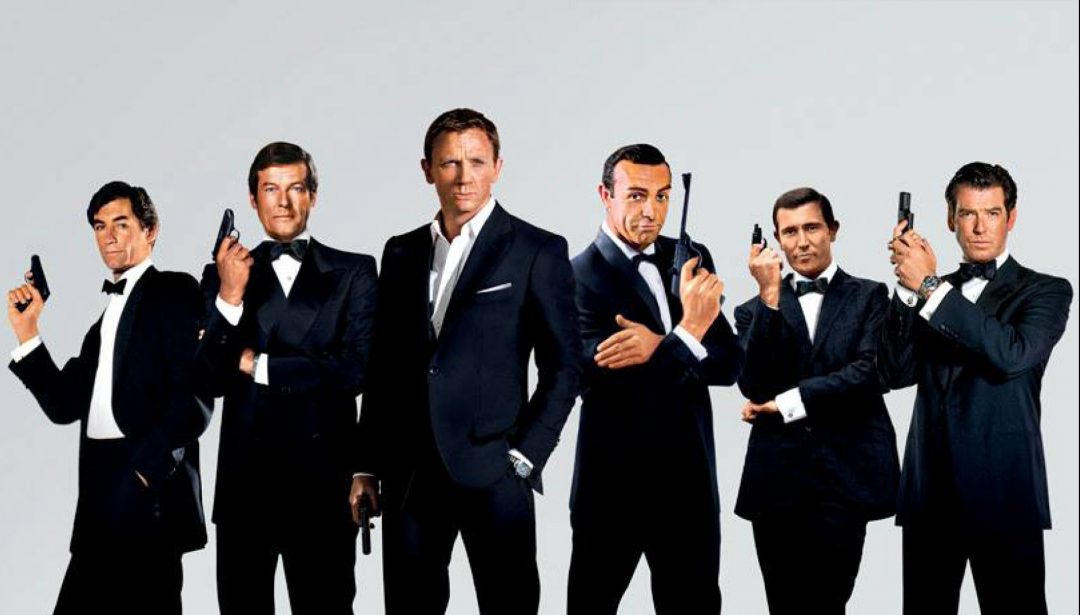
With a history spanning several decades, the James Bond franchise has solidified its standing as one of the all-time high-performing film series. Its persistence in delivering box-office hits demonstrates its massive allure and grip on the audience. This franchise's outstanding success is, in part, due to the iconic characters and storylines it consistently presents. James Bond himself, characterized with his suave persona, sharp suits, and the infamous "Bond, James Bond" introduction, has left a lasting impression on movie buffs worldwide.
The pervasive narratives, filled with suspense, action, and intrigue, revolving around global conspiracies and high-stakes scenarios, additionally contribute to the franchise's enduring draw. From "Dr. No" to "No Time To Die," the storylines maintain a compelling mix of lethal villains, complex plots, and tasteful romance that captivates and thrills the audience time and time again.
Furthermore, the James Bond franchise has garnered significant cultural awareness. It has fostered a cultural brand associated with sophistication, danger, and seduction, elements that are firmly embedded in popular culture and often emulated in various media and entertainment outlets. Signifiers like the Aston Martin, the Walther PPK, and the martini "shaken, not stirred" have all become synonymous with the Bond brand.
Lastly, the considerable box office gross figures stand as testament to the allure of the Bond franchise. With each release, the films have continually snowballed in popularity, translating to enticing box office revenues. Estimates indicate that this franchise has grossed over $7 billion globally, reinforcing its standing as a critically and financially successful movie series. The James Bond franchise's enduring appeal and significant impact underline its stature as one of the top movie franchises of all time.
The Lord of the Rings Trilogy
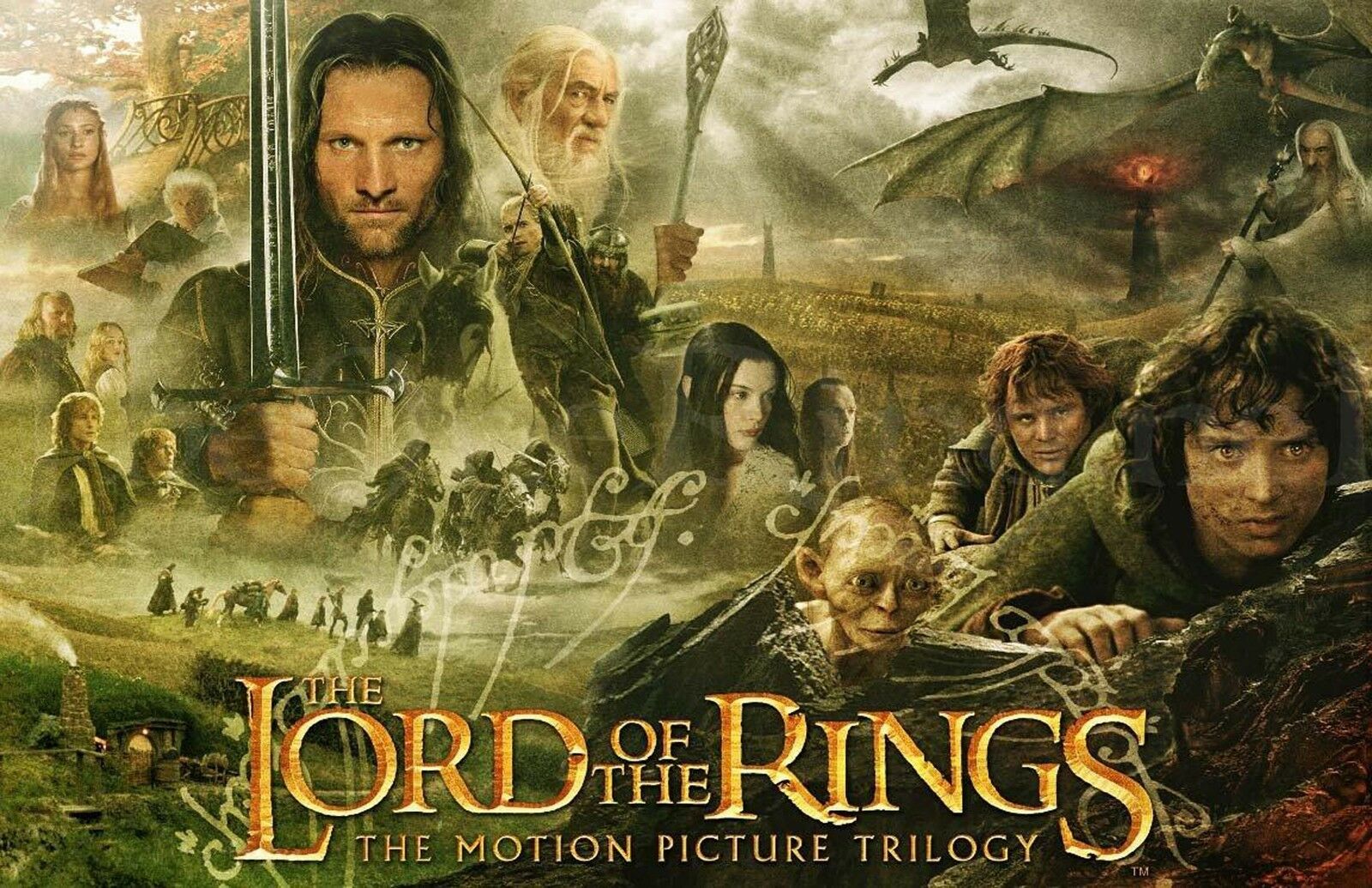
The "Lord of the Rings" trilogy has had a profound impact on high fantasy cinema. Adapted from the beloved novels by J.R.R. Tolkien, these films brought Middle-earth to life in a way never before seen on the big screen. Director Peter Jackson's outstanding craftsmanship helped to capture the essence of Tolkien's work, which in turn, resonated with millions of fans worldwide. The trilogy showcases an intricate narrative filled with detailed lore, mesmerizing landscapes, and captivating characters, contributing significantly to its box-office success.
A crucial aspect of the trilogy's appeal lies in its effective transition from page to screen. Despite the challenges inherent in adapting dense, fantastical source material, the films masterfully translated the text's depth and nuance, preserving the heart of Tolkien's world while presenting it in a more accessible, cinematic format. This successful adaptation allowed fans and newcomers alike to immerse themselves fully in the intricate world of Middle-earth, leading to widespread acclaim and adoration for the trilogy.
Adding to its legacy is the successful launch of sequel and prequel films, expanding further the cinematic universe. They notably include "The Hobbit" trilogy, which delves into events preceding "The Lord of the Rings." These additional films not only enrich the lore of Middle-earth but also testify to the lasting impact and popularity of the original trilogy. The "Lord of the Rings" franchise undeniably shaped a new era for high fantasy cinema, inspiring countless other movies within the genre while captivating audiences around the globe.
The Fast and the Furious Films

Gaining a cult following, "The Fast and the Furious" franchise has captivated audiences around the world. A series that began as an underground street racing saga, it has evolved into an international action-thriller spectacle, showcasing high-octane stunts and a diverse cast. What makes this franchise even more remarkable is not just its longevity, but how it has continued to escalate and redefine its narrative with each installment.
Unprecedented storytelling is a significant factor in the booming success of this franchise. Each movie builds on the last, introducing fresh plots and characters, while maintaining continuity through intricate and compelling storylines. The audience is not only treated to edge-of-the-seat action, but also moments of heart and humor, which helps them connect with the film on a deeper level.
The franchise has managed to break numerous box office records, further cementing its status among top movie franchises. "Furious 7," for instance, accomplished an impressive feat by grossing over $1 billion worldwide in just 17 days after its release, according to Box Office Mojo. This demonstrates the enormous financial impact of the films and the wide-reaching influence of its passionate fan base.
Moreover, the franchise's dedication to diversity is commendable. The films feature characters of various ethnicities and backgrounds, effectively breaking stereotypes and broadening its appeal. Critics and fans alike have praised this characteristic for fostering inclusivity in Hollywood, where such representation is often scarce.
In conclusion, "The Fast and the Furious" franchise is a testament to innovative storytelling, record-breaking box office successes, and groundbreaking representation. Its evolving storylines, cult following, and consistent breaking of records decidedly position it as one of the top movie franchises of all time, a position it is sure to maintain for years to come.
The Hunger Games Trilogy
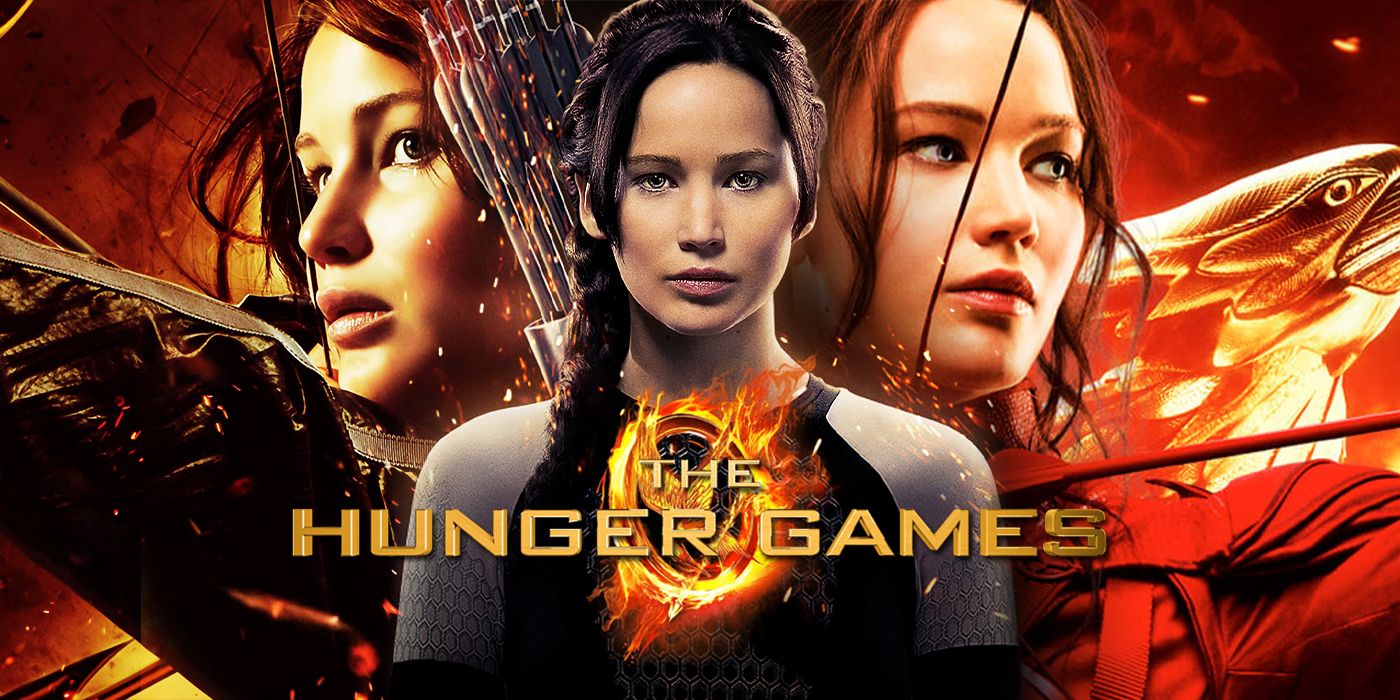
The Hunger Games Trilogy, beginning in 2012, rose to be one of the most successful franchise in the young adult dystopian genre. Adapted from the bestselling novels by Suzanne Collins, the world fell in love with the heartbreaking tale of survival under a repressive regime - an emotional roller coaster that caught audiences off guard and brought dystopian narratives to the forefront of the young adult market. The trilogy was not only popular with viewers, it also resonated strongly with critics, copycat sure, but its quality as a story with layers of depth set it apart.
Central to the success of the franchise was the roster of popular actors, including Jennifer Lawrence, who solidified her Hollywood status with the role of the franchise’s fearless heroine, Katniss Everdeen. An astounding performance, Lawrence's portrayal of Katniss was pivotal to the success of the movies. Her ability to embody the character's strength and vulnerability simultaneously captivated the audience, creating an immediate connection amid the chilling circumstances. Her co-stars, including Josh Hutcherson and Liam Hemsworth, also delivered stellar performances, complementing Lawrence and contributing to the overall triumph of the trilogy.
The Hunger Games, Catching Fire, and Mockingjay witnessed immense box office success. Collectively, the trilogy grossed nearly $3 billion worldwide, making it one of the biggest movie franchises of all time. The films consistently delivered in terms of both quality and box office returns, pointing to an increasingly faithful fan base.
Dystopian narratives often serve as a mirror to society, highlighting the dark consequences of particular social and political trends. By presenting these concerns in a format suitable for young adults, The Hunger Games trilogy opened up a growth for dystopian narratives in young adult fiction. This resulted in a surge of similar films and novels, demonstrating the lasting impact the Hunger Games has had on popular culture.
The Matrix Series
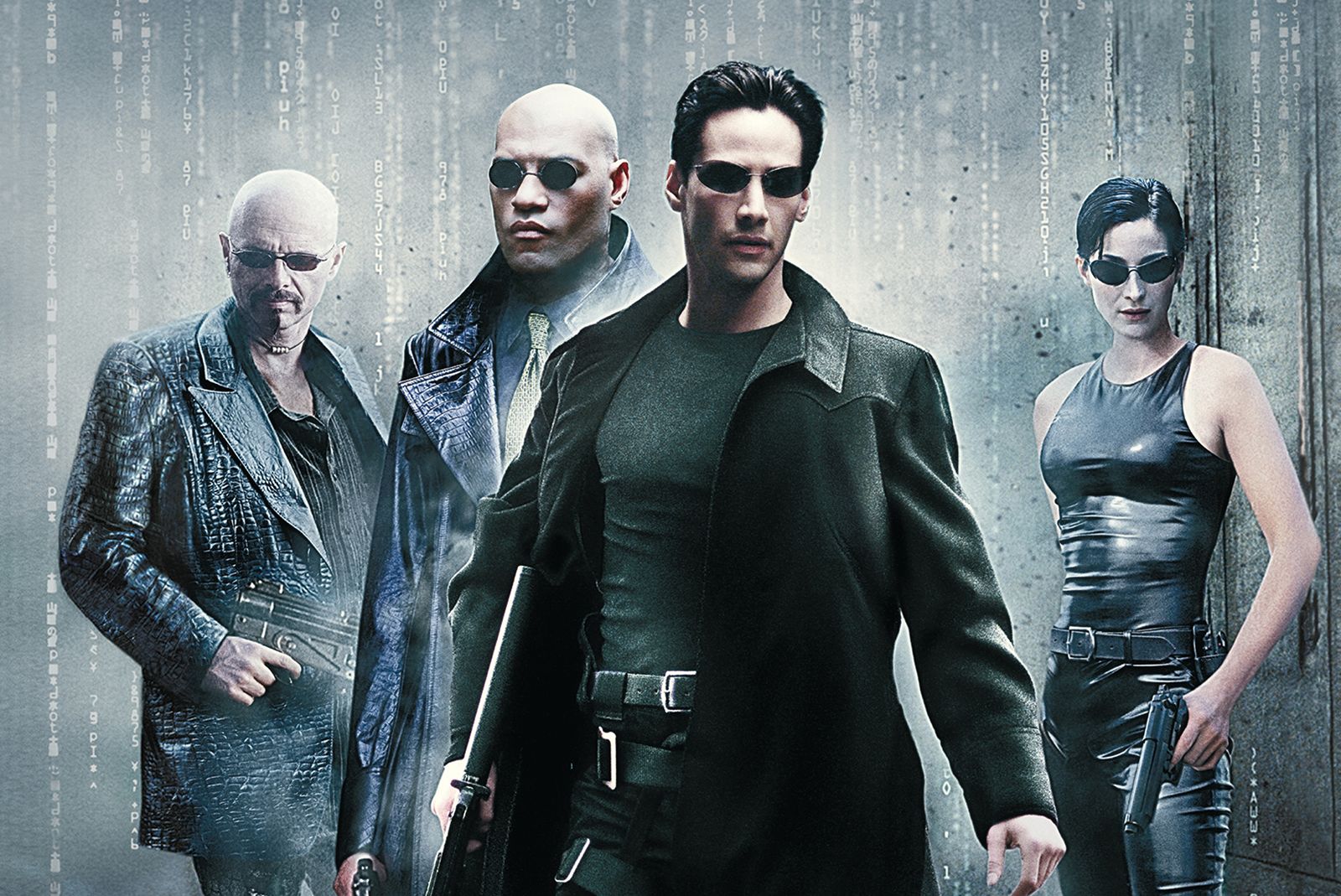
The Matrix Series stands as a revolutionary cornerstone in the realm of science fiction cinema. Its avant-garde concept, in tandem with captivating characters and a deft narrative blend, has now entered the annals of iconic filmography, influencing a generation of filmmakers and sparking worldwide interest in speculative fiction. From the inception of the matrix itself - a simulated reality - to its ingenious protagonists, Neo and Trinity, played eloquently by Keanu Reeves and Carrie-Anne Moss, the franchise continually challenged the traditional norms of storytelling and character construction.
Beyond igniting a paradigm shift in science fiction tropes, The Matrix franchise also orchestrated a stunning display of financial success. With a combined gross income of over $1.6 billion, these films became a massive box-office hit, marking the trilogy as one of the most commercially successful ventures in the history of cinema. The financial success is not the endpoint but rather speaks to the worldwide appeal and mass recognition of its narrative.
The franchise's contribution to the realm of cinematic technology cannot be overlooked either. It brought forward innovative filming techniques such as the "bullet-time effect" which had a profound influence on the following cinematography styles. In fact, The Matrix Series embraced technology and progress in a way that permanently altered the craft of film - threading path for future sci-fi narratives and cementing its status as a timeless cinematic emblem.
The Jurassic Park Films
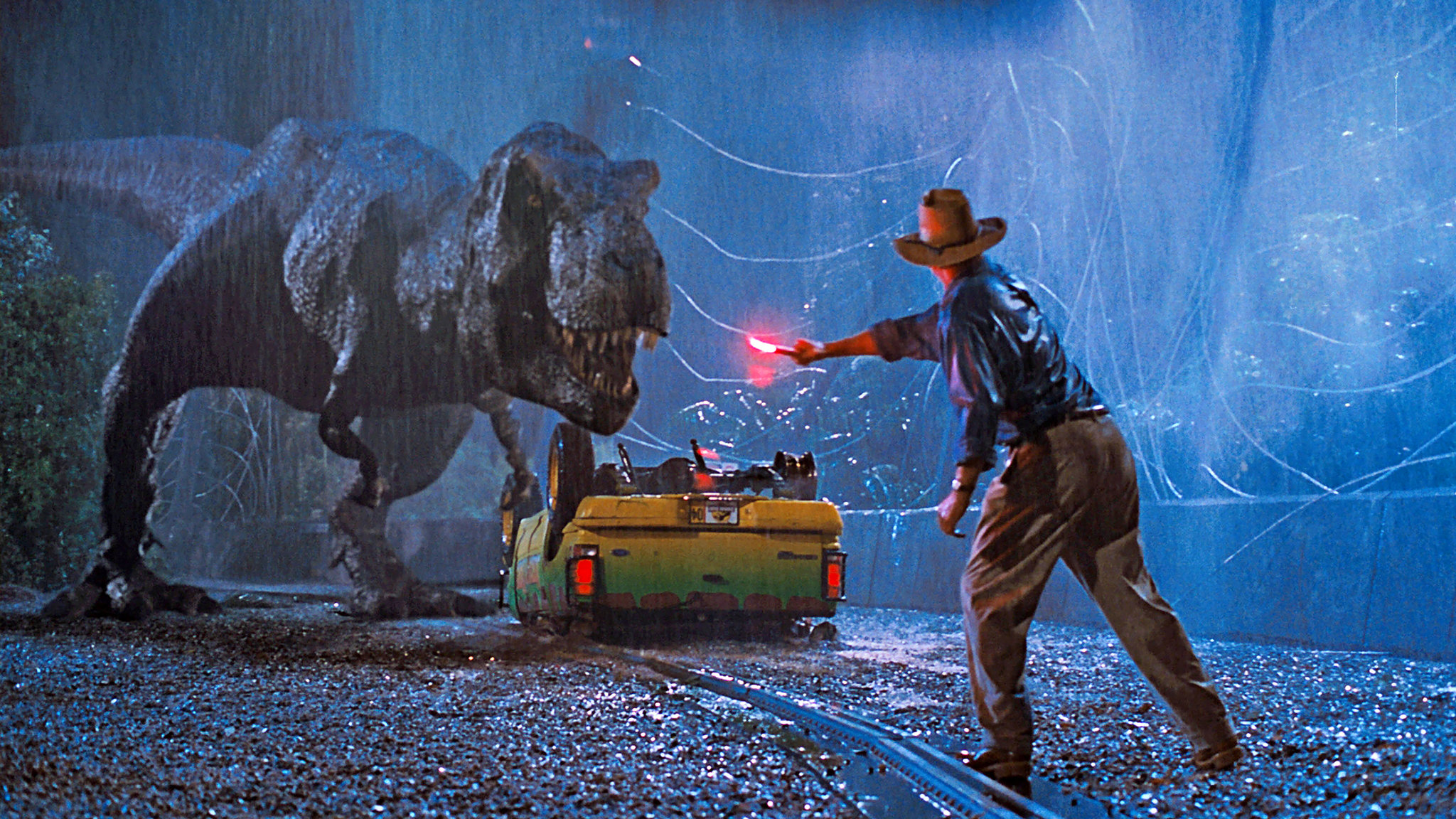
The Jurassic Park Films, launched by the first installment in 1993, have made numerous advancements in the film technology industry. With visionary director Steven Spielberg at the helm, the series set groundbreaking precedents by using computer graphics to create living, breathing dinosaurs; thus revolutionizing the capabilities and expectations of visual effects in cinema.
Jurassic Park, with its subsequent sequels and reboots, has left an indelible mark on popular culture. The iconic roaring T-Rex, the velociraptors' cunning intelligence, and the unforgettable score by John Williams have been forever etched into the correlating image of dinosaurs in the collective popular imagination. These symbolisms have permeated various aspects of pop culture and can be seen in memes, merchandise, and references across a broad spectrum of media.
The franchise has also had a massive impact on the box office as the original 1993 Jurassic Park film was the highest-grossing film of that year. It proved that audiences were captivated by the blend of high-octane adventure, paleontological wonder, and philosophical reflection on the consequences of playing god. Jurassic World, a reboot of the franchise in 2015, also struck a chord with filmgoers, generating over $1.6 billion worldwide and becoming the fifth highest-grossing movie at that time.
Furthermore, the Jurassic franchise has positioned itself as a type of nostalgic brand akin to Star Wars and the Marvel Cinematic Universe. It remains a favorite, not only among those who experienced the initial release but also continues to captivate a new generation of dinosaur enthusiasts.
Collectively, these attributes illustrate the enduring power and legacy of the Jurassic Park Films. Rich in technology, culture, and profits, it is a shining example of successful franchising in the movie industry; a testament to a well-realized world that captures the hearts and minds of viewers worldwide no matter their age.
